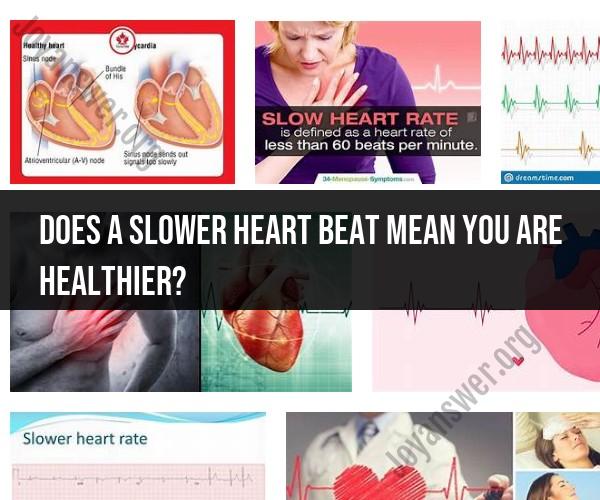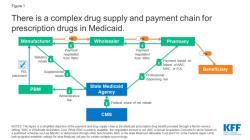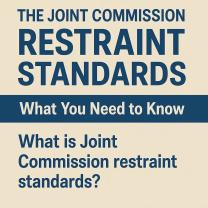Does a slower heart beat mean you are healthier?
The relationship between heart rate and health is not as simple as "slower is always better." While it's true that an excessively high resting heart rate can be a sign of underlying health issues, such as cardiovascular problems or stress, it's important to understand that a slower heart rate is not necessarily an indicator of better health on its own. Here are some key points to consider:
Resting Heart Rate: Resting heart rate refers to the number of heartbeats per minute when you are at rest. A normal resting heart rate for adults can range from 60 to 100 beats per minute, but individual variations exist. Athletes and physically fit individuals may have lower resting heart rates, often below 60 beats per minute, due to their cardiovascular conditioning.
Age and Fitness Level: Resting heart rate tends to increase with age. What's considered a healthy resting heart rate can vary depending on a person's age and fitness level. Generally, a lower resting heart rate is associated with better cardiovascular fitness, but it's not the sole determinant of overall health.
Other Factors: Health is influenced by various factors, including blood pressure, cholesterol levels, diet, physical activity, genetics, and lifestyle choices. A slower heart rate alone does not provide a complete picture of one's health.
Symptoms: It's essential to consider any accompanying symptoms or medical conditions. Some individuals may have naturally low resting heart rates without health issues, while others may experience symptoms like dizziness, fatigue, or fainting due to bradycardia (a heart rate that is too slow).
Consult a Healthcare Professional: If you have concerns about your heart rate or overall health, it's best to consult a healthcare professional. They can perform assessments, such as an electrocardiogram (ECG) or stress test, and consider your medical history to provide a comprehensive evaluation.
In summary, while a slower resting heart rate can be a sign of good cardiovascular fitness for some individuals, it is not the sole indicator of overall health. Health should be evaluated through a combination of factors, and any concerns about heart rate or symptoms should be discussed with a healthcare provider for a proper assessment and diagnosis.













